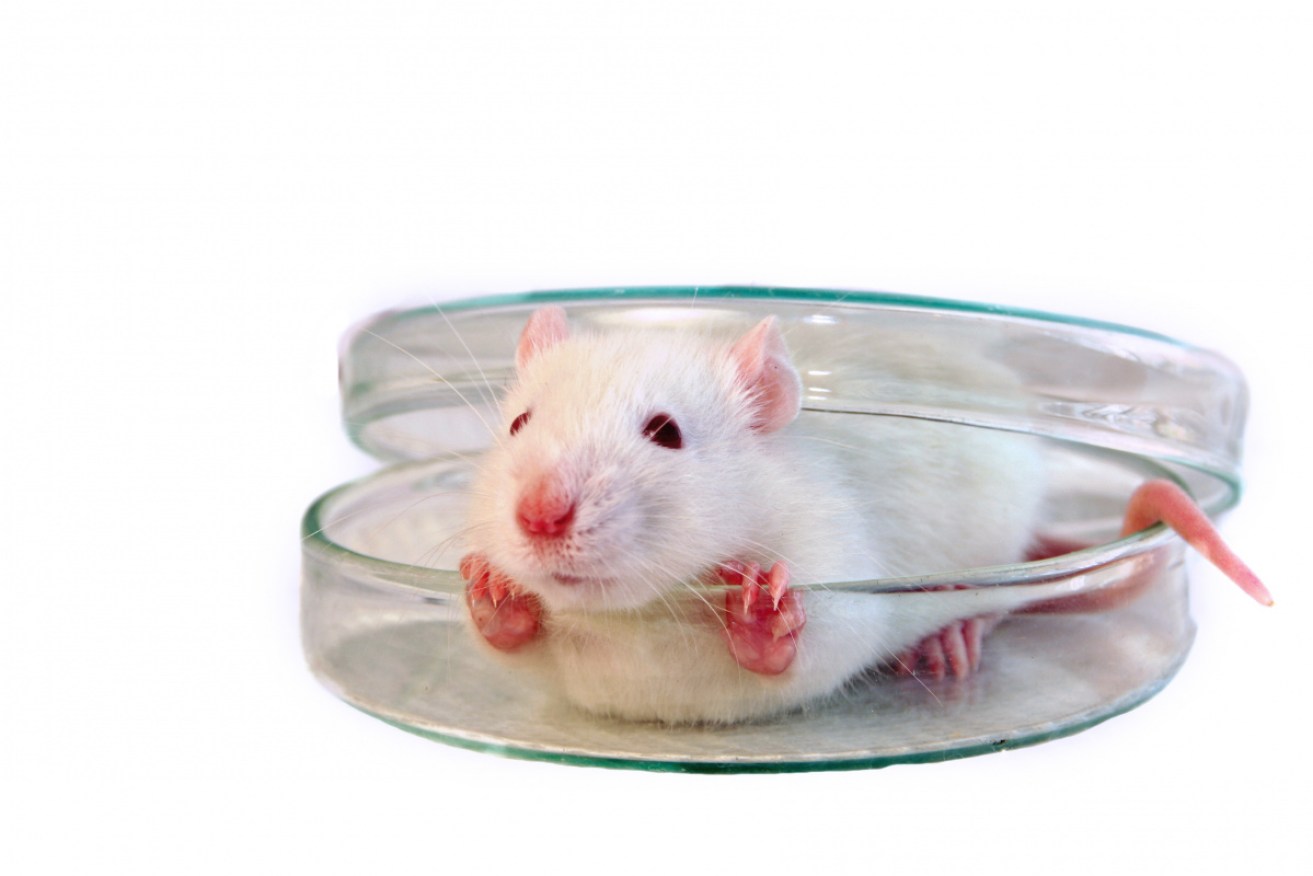Half mouse, half person: Hybrid creatures to produce organs for transplant


Mouse embryos will grow a human pancreas in the place of a rodent one. Photo: Getty
Japanese researchers have been given the go-ahead to create a human-mouse hybrid embryo – as a first step in growing human organs in animals for use in transplants.
In a world first, the Ministry of Education, Culture, Sports, Science and Technology has signed off on a request from University of Tokyo researchers to create human pancreases in rodents by using human-induced pluripotent stem (iPS) cells.
These are stem cells that can grow into almost any kind of cell, and are the focus of global research into growing viable human organs.

Stanford genetics professor Hiromitsu Nakauchi has returned to Tokyo, having received a green light from the Japanese government to begin breeding human organs in animals. Photo: Stanford
In the Japanese experiments, the stem cells will be injected into a mouse embryo, which has been genetically modified to be incapable of producing a pancreas from its own cells.
This hybrid embryo will then be implanted in a mouse mother surrogate and allowed to grow to term.
Once these experiments have proved successful, the plan is to then grow a human pancreas in a larger animal – most likely a pig – which can be transplanted into a sick person.
“Finally, we are in a position to start serious studies in this field after 10 years of preparation,” said Stanford genetics professor Hiromitsu Nakauchi, one of the researchers, in an interview with The Asahi Shimbun.
“We don’t expect to create human organs immediately, but this allows us to advance our research based upon the knowhow we have gained up to this point.”
Even so, Dr Nakauchi, in an interview with Stanford Medicine online magazine, suggests he is impatient to bring his work into the clinical realm.
“If we are able to generate human organs in animals, we could help many, many people,” he said.
“Furthermore, we could also use animal-grown human cells or tissue for toxicology studies or drug screening. Surgeons could practise surgery on intact human organs before operating on patients, and we could study aspects of early human development that have never before been accessible to researchers.”
And as the Stanford Medicine profile observed: Recent advances in stem cell technology would ensure that each organ would be a genetic match for its recipient and would take only months to generate – alleviating the current desperate need for organ donors and subsequent life-long immunosuppression.

Human/creature hybrids populate Greek myths. But can they solve the shortage crisis in human organ transplants. Illo: Supplied
So, on the face of it, there is a lot to be gained.
And while the research is ethically tricky, there is the equally tricky moral pressure of many sick people dying – 20 a day in the US – while on waiting lists for healthy organs.
Dr Nakauchi, in his conversations with journalists, has been at pains to demonstrate that his work won’t lead to half-man/half-animal monsters of the sort populating Greek myths.
He says the experiments won’t lead to a mouse with a human face – and that if one of his hybrids develops a brain with more than 30 per cent human cells, it will be destroyed.
Dr Nakauchi has been bouncing back and forth between Japan and the US in a decade-long bid to gain government support for these controversial, highly promising experiments.

The researchers insist that their creations won’t have human faces. Photo: Getty
In 2014, the Japanese government expressly forbid hybrid embryo experiments being allowed to go to term.
This prompted Dr Nakauchi to take up a chair at Stanford in the US, where hybrid experiments with pigs and people have been carried out – but always, in those cases, the embryos were destroyed when they were a couple of weeks old.
In 2015, the US National Institutes of Health announced a moratorium on funding studies in which “developmentally flexible” – or pluripotent human stem cells – are injected into early animal embryos. Again throwing up a roadblock to Dr Nakauchi’s life’s work.
He is now a “specially appointed professor” at the Institute of Medical Science of the University of Tokyo – and the first man/mice hybrids are under development.
The researchers will spend up to two years monitoring the hybrid offspring – assessing, in effect, how human they are.
Dr Nakauchi is planning similar studies to create human livers and kidneys, the latter being in especially strong transplant demand.








